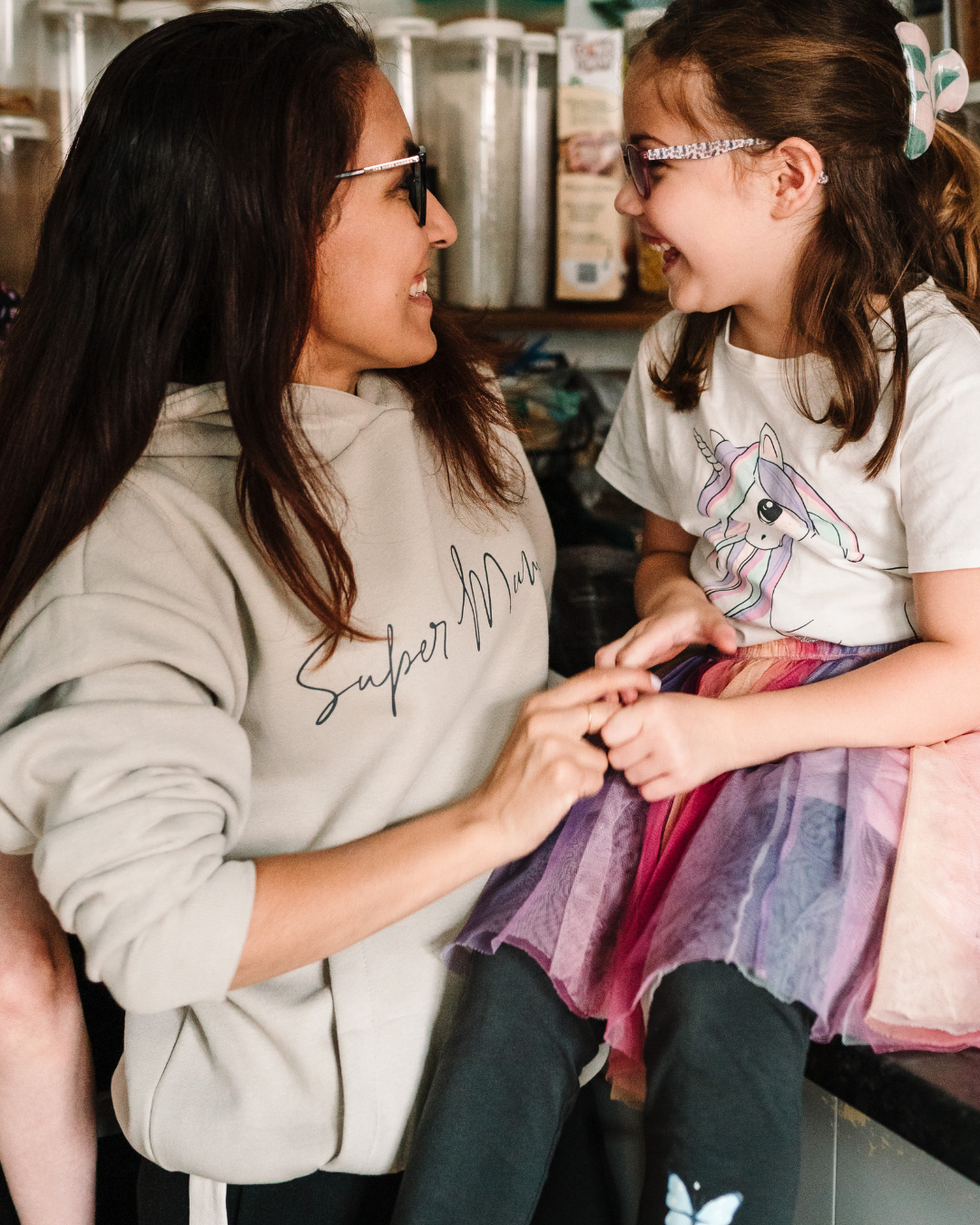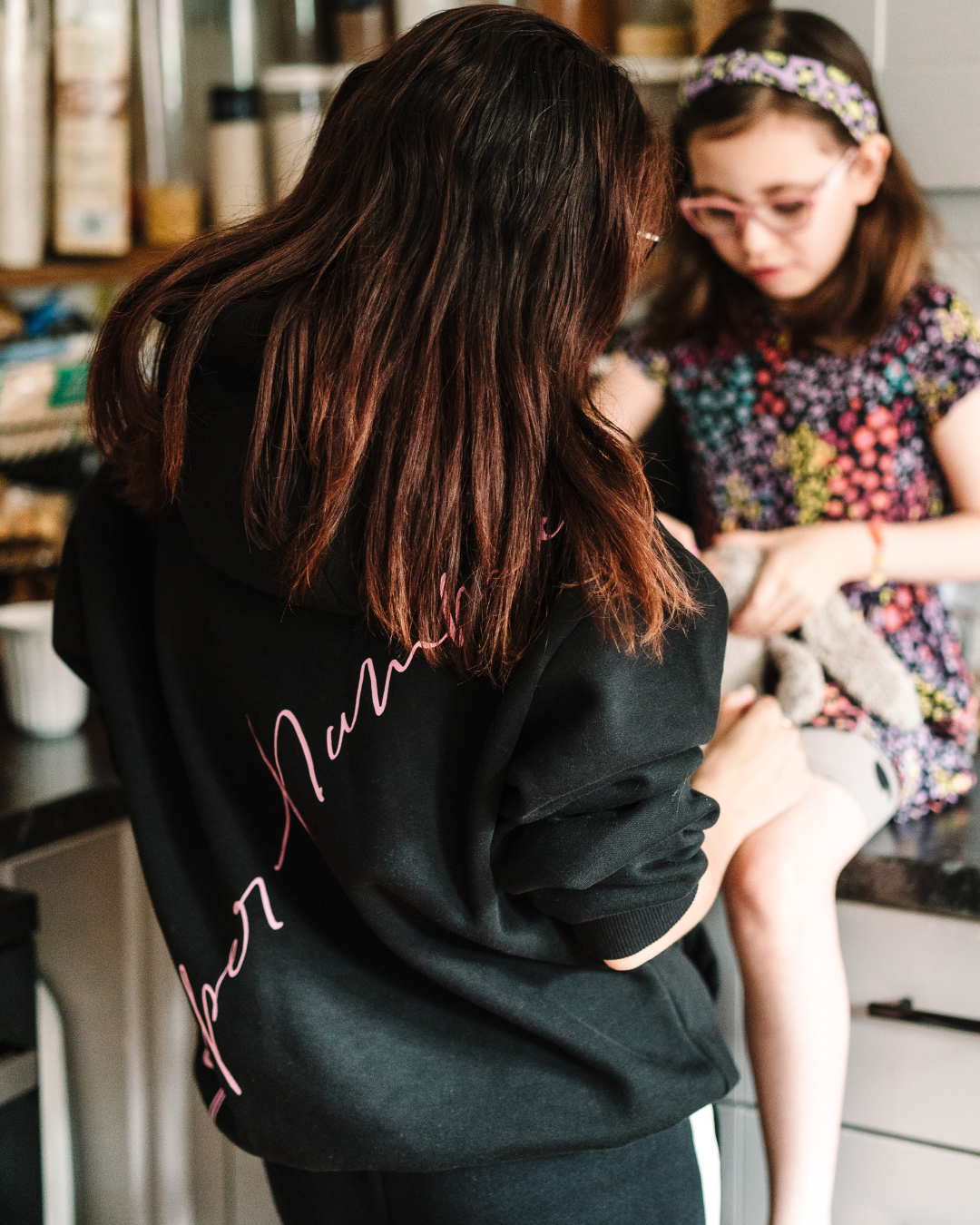From Headlines to Heart: How Media Language Around Autism Impacts Mums
On 23rd September, like many of you, I woke up scrolling through social media only to feel that familiar lump of dread in my chest. Headlines splashed across every platform, carrying bold statements about autism. Claims that were not just unfounded but deeply damaging. And suddenly, the conversation wasn’t just about politics; it was about the real-life impact these words have on neurodivergent children, their families, and especially mums.
I had an emergency “Mumma Matters” conversation with my friend Greer Jones, and it reminded me how powerful and, frankly, terrifying media language can be. Greer, who grew up in America but has lived in England for the last 15 years, shared that sense of heaviness. She described it as a burden, feeling the weight of a narrative that portrays neurodivergence as a problem to be “fixed.”
And that’s the thing. Neurodivergence isn’t a problem. It isn’t something that needs a cure. It’s a way of thinking, a different brain type. Yet headlines, social media posts, and public statements sometimes tell mums that we are somehow at fault, or worse, that our children are “broken” or a burden. That message lands hard, especially on those of us trying every day to navigate school systems, therapies, and endless forms, all while loving our kids fiercely.
Greer talked about the sadness she felt, not just for herself but for the misunderstanding of the people making these statements. “They’re trying to portray this group of people as something that can be fixed,” she said. “But that’s not what neurodivergence is. It’s just a different way of operating.” And I couldn’t agree more. For me, reading those headlines, there was a moment of fear, not for what was being said, because we know it’s not true, but for how it might be received by others, and what it could mean for our children’s sense of self.
As mums, we live in that space of constant vigilance. We know the effort it takes to fight for the support our children need. Whether it’s navigating EHCPs, arranging therapies, or simply advocating for understanding in their schools, we are in the trenches every day. And yet, a single public statement can make it feel like all of that effort is being erased, reduced to blame.
Greer and I discussed how these moments, as overwhelming as they are, can also spark something positive. The backlash against harmful narratives provides an opportunity to shift the conversation. People are speaking up, saying, “Mums did not cause this. Neurodivergent children are not a problem to be solved.” Social media, despite its flaws, allows these voices to rise quickly, offering solidarity and education in ways previous generations didn’t have.
One of the most important points we discussed was the idea of support over cure. Too often, conversations about autism and neurodivergence focus on finding a “solution” or a “fix.” But what families need is understanding, accommodation, and practical support. As Greer pointed out, everything in our lives, from computers to cars, has been shaped by neurodivergent minds. These differences drive creativity, innovation, and progress. If we focus solely on trying to “fix” neurodivergence, we lose sight of the value and purpose of these ways of thinking.
We also talked about the unique weight the word “autism” carries in public discourse. It’s often framed as something that prevents someone from functioning or fitting into society, unlike ADHD, which is more casually dismissed as laziness or distraction. This framing can amplify guilt and shame for mums, especially those who, like Greer, have children with co-occurring neurodivergent conditions. She shared honestly about the shame spiral she went through when her son was diagnosed, worrying she had somehow caused it. Therapy, understanding, and community helped her see that her child was created to be exactly who he is, and that neurodivergence is not a failing.
As we unpacked these ideas, one point became crystal clear: mums are resilient. We’ve already overcome so much in fighting for our children. Each challenge, each system we navigate, each misunderstood conversation we endure, builds that strength. These public statements, as stressful as they are, are just another obstacle that we, as mothers, can face and rise above.
One of the hardest parts of this conversation is the persistent narrative that mums are somehow to blame. Whether it’s vaccines, medications, or just raising a neurodivergent child, society often positions mothers as responsible for outcomes beyond their control. This blame is exhausting and damaging. Yet, as Greer and I discussed, it’s crucial to focus on what we can control: advocating, educating, and surrounding ourselves with supportive communities.
We also acknowledged that support looks different for every family. For some, it’s securing an EHCP; for others, it’s accessing therapies or simply being understood at school. The bureaucracy is often overwhelming, and yet mums keep going. We’re capable of incredible things, and statements meant to shame or blame only underscore how little outsiders understand the daily work of parenting a neurodivergent child.
By the end of our conversation, Greer offered a message I want every mum reading this to hear: “You’re not alone. This isn’t your fault. And you can do hard things.” There’s power in that simple, grounding truth. It reminds us that guilt is misplaced, that community matters, and that advocacy is ongoing. Even when the world seems to misunderstand, we are building the path forward for our children.
We talked about how conversations in the media, while often negative, can create a platform for awareness and education. The attention these statements bring can be harnessed to teach people what autism actually is, what neurodivergence means, and how to support, rather than judge, families. When the narrative shifts from “problem to fix” to “difference to understand,” we all win.
So to mummas who might be feeling the weight of blame or fear today: take a breath. Find your village. Lean on those who understand. And remember that your child is not a problem, they are exactly who they were created to be. Your role is not to fix them, but to support them, to advocate for them, and to celebrate their unique way of thinking.
Because at the end of the day, neurodivergent minds have shaped the world we live in, and they will continue to shape it in ways we can’t even imagine. And mummas? We’ve got this. We are Super Mumma!





